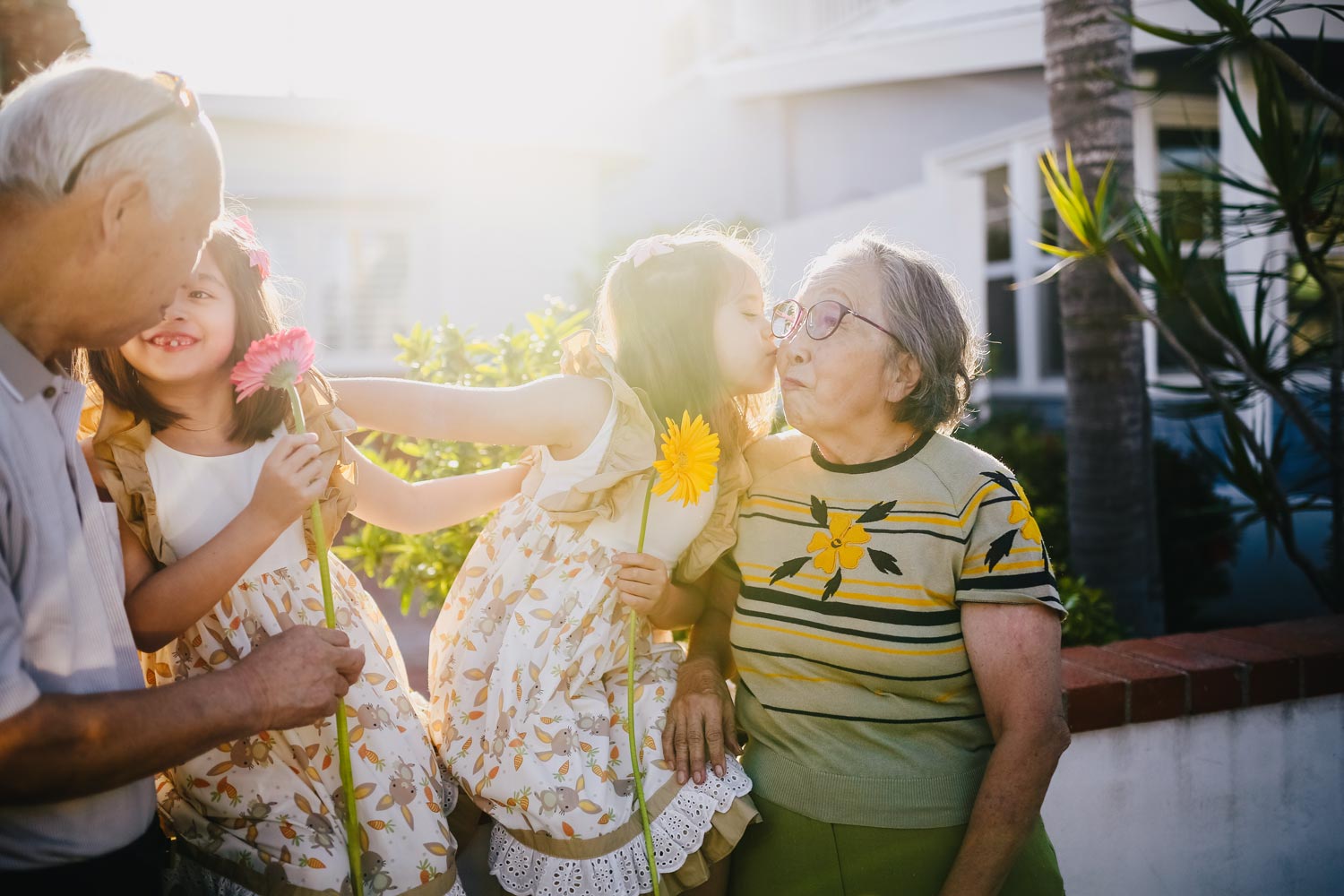Did you know that the life expectancy of Okinawan citizens is longer than anywhere else in the world? It’s true. A typical Okinawan can live well beyond the age of 100, somehow miraculously staving off age-related illnesses like heart disease, cancer, and dementia. So just what is their secret to longevity? Researchers believe it might be a number of key factors, including genetics, daily exercise, and a stress-less lifestyle. But what these Okinawans regularly eat may play the most important role of all.
One key to the Okinawan diet is its use of “functional foods.” A functional food is a food that provides additional health benefits than just the basic nutritional requirements. Below are some of the many notable foods that have helped Okinawan residents live longer and healthier lives.
Soy and Other Legumes
Okinawans eat about 3 ounces of tofu each day. Soy beans and other legumes, like white, red, and black beans, are full of flavonoids—plant compounds that help protect cells from harmful free radicals. Researchers believe it might be the reason why the rates of breast and prostate cancer are so low in Okinawa.
Sweet Potatoes, Leafy Greens, and Shiitake Mushrooms
Vegies are eaten in abundance on the island of Okinawa, including sweet potatoes, leafy greens, and Shiitake mushrooms. Sweet potatoes are not only bursting in antioxidants, they also are high in vitamins A, C, E, and B6, as well as potassium, manganese, magnesium, iron, calcium, and fiber. Leafy greens also contain cell-protecting antioxidants and phytochemicals—compounds that help the body fight against cancer, heart disease, and diabetes. Shiitake mushrooms are rich in protein, fiber, antioxidants, vitamins A, niacin, B12, C, and D.
Fish and Other Foods Rich in Omega-3
Okinawans consume plenty of fish and other foods that are high in good fats. Eating foods rich in omega-3 will help promote a healthy cardiovascular system, maintain proper joint function, and decrease inflammation. Be sure to include three servings of salmon or other fatty fish, walnuts, and ground flaxseed into your diet every day.
Calcium-Rich Foods
Although Okinawans consume very little in the way of dairy, they get ample amounts of calcium from seaweed, small fish, and vegetables. Dark leafy greens (like kale, collards, and chard), almonds, oranges, and tofu are all great sources of calcium, helping to keep your bones healthy and strong.
Beyond Food Specifics
One of the common traits found in diets from various places with long living residents is a focus on local, whole foods, and a limited consumption of processed foods, artificial additives, and sugar. Another possible way to live longer is calorie restriction. The Okinawans have an expression for this, “hara hachi bu,” which means “eat until you are 8/10ths full.”
Japanese red reishi mushrooms may also help your longevity quest. These powerful mushrooms are very strong antioxidants, helping to protect the body from the negative effects of free radicals that contribute to aging and disease. Because red reishi has a hard shell that needs to be broken down to access the nutrients, capsules of a high quality reishi extract are your best and easiest way to stave off disease in your search for the fountain of youth.





